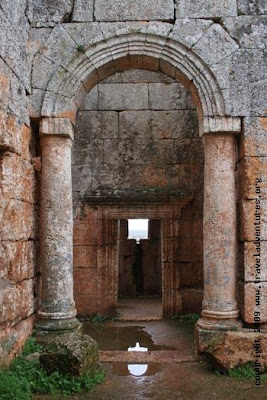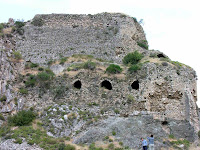I’m being a bit naughty in this post so move along if such things bother you word-wise. I limited my search to books publishing in the years 1811 – 1820 and written in English. The language restriction didn’t work too well as foreign language books were still returned. But, let’s carry on. Perhaps we’ll put to rest some assumptions or prove them. Which will it be? Regardless, I think the results will be interesting.
I am sorry (I think, but then again, maybe not) that as I followed down this iniquitous path, I started giggling and perhaps going a bit off track. Oh well. You are forewarned. This post degenerates quickly. You might want to stop while it’s still safe.
Bugger
How, exactly, was this word used in the Regency period? As a verb connoting a certain sexual practice? A verb more slightly less specific or perhaps an expletive? The answer appears to be all of the above. Claims that the word was less broadly used than it is today seem to be incorrect.
A few are clearly irrelevant, but just looking at the results we see the word being used in a name-calling sense; In The Lexicom Balatronicum: A blackguard, rascal, term of reproach. But in sources drawn from trials, we see the sexual sense: A Relation of a Quaker, that to the Shame of his Profession, attempted to bugger a Mare… as well as several examples of the word used as an expletive.
Fuck
Apparently, this is also a Dutch word. And there are some rather amusing typos where the letter P has been mistaken for F and rendered Shakespeare differently than one would expect. Also, and this is really VERY amusing to me, the Google OCR could not correctly render the long squiggly lowercase letter s that in many books of the period looks a lot like an f but isn’t. Thus instances of say, suck, sucking, sucker and the like become versions of the F-bomb. In fact, the innocent word such comes in for its share of OCR maddness with the ch being reported as ck along with s being replaced with f…
Although this was a very amusing search, it would take hours to find actual instances of the F-word so I’m moving on.
Quim
Referring, of course, quite naughtily, to a certain part of female anatomy. However, it is also a perfectly innocent nut, and a common and rather boring word in Latin. Also a city and someone’s last name. Oh. Gee. I’m leaving this one and moving on.
Penis
Lots of boring medical texts, though I’m sure there are pictures. Samuel Cooper’s 1815 book Surgery has my favorite excerpt:
When the attempt fails leeches should be applied to the glans, and the flow of blood be afterwards promoted by immersing the penis in warm water
That does not sound very fun.
Vagina
Hah! The ladies win!! 500 results
Well well well. What have we here? From the Encyclopaedia Perthensis; Or Universal Dictionary of the Arts, Sciences… Volume 2, 1816
The clitoris is a small spongy body bearing some slight analogy and resemblance to the penis in men… This part has been supposed to be the chief seat of a woman’s pleasure in coition as the glans penis is in men, but this is somewhat doubtful.
We can now officially stop saying the clitoris was unknown or nobody knew it might be an important bit for the women. Women surely figured this out on their own, but it seems there were men with a clue. Thank you.
asshole
To be honest, I expected this. Back in the day, the asshole was a mechanical part; the place for receiving ashes under the grate…. And, alas, we must reduce the search results by one because one of the books is an odd Google OCR error. The text shows the word asshole but the actual page says the whole.
which leads me directly to…
Arse
Pretty much what you’d expect. So here’s some interesting bits.
From A compleat collection of English proverbs which seems to be something on the order of a Barlett’s Quotations.
- You would kiss my arse before my breeches are down.
- Kit careless, your arse hangs by trumps
- Proverbial similies, in which the Quality and the Subject begin with the same letter:
as bare as a bird’s arse
And there, I’m done with my juvenile traipse through Google Books. I had fun. Did you?








